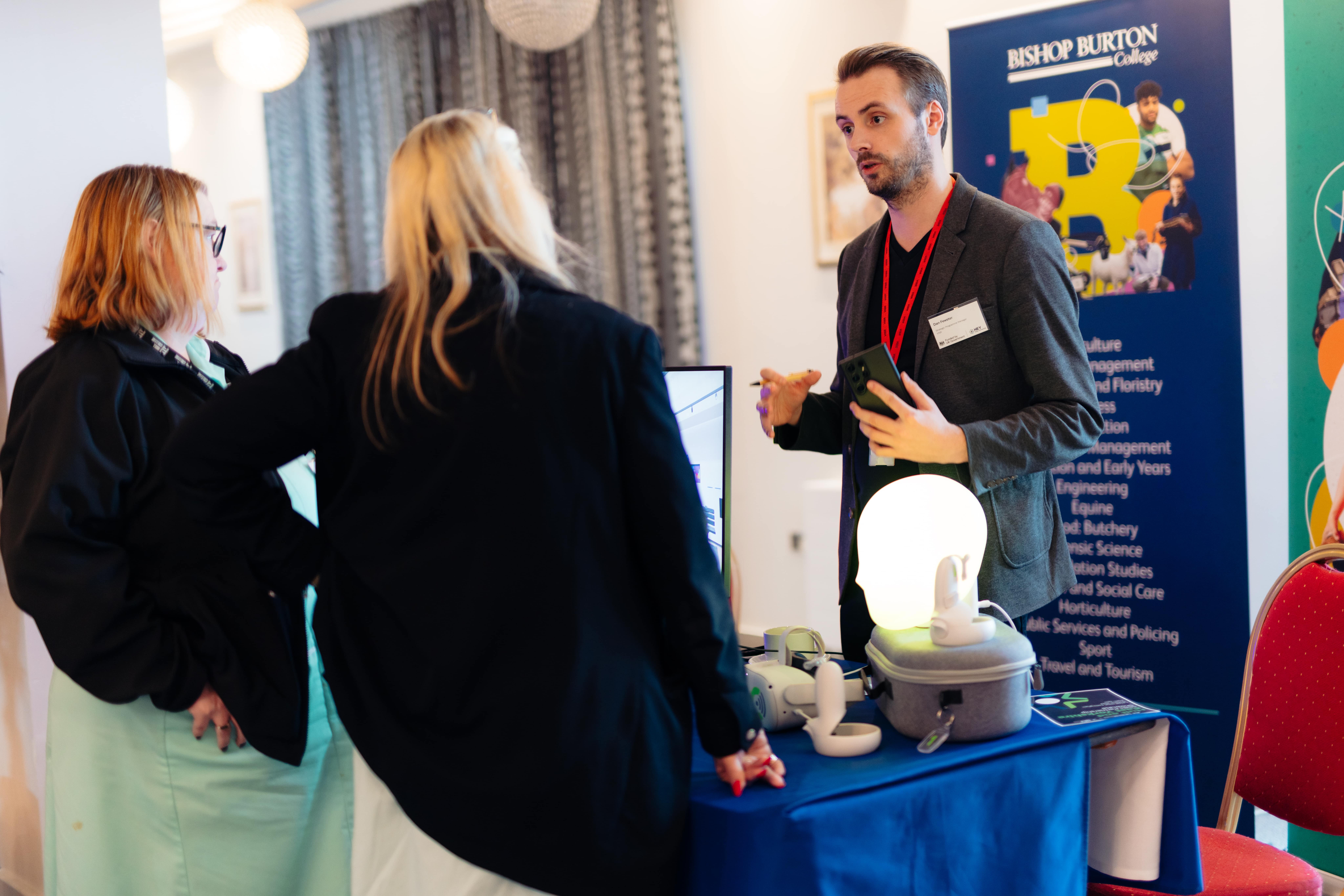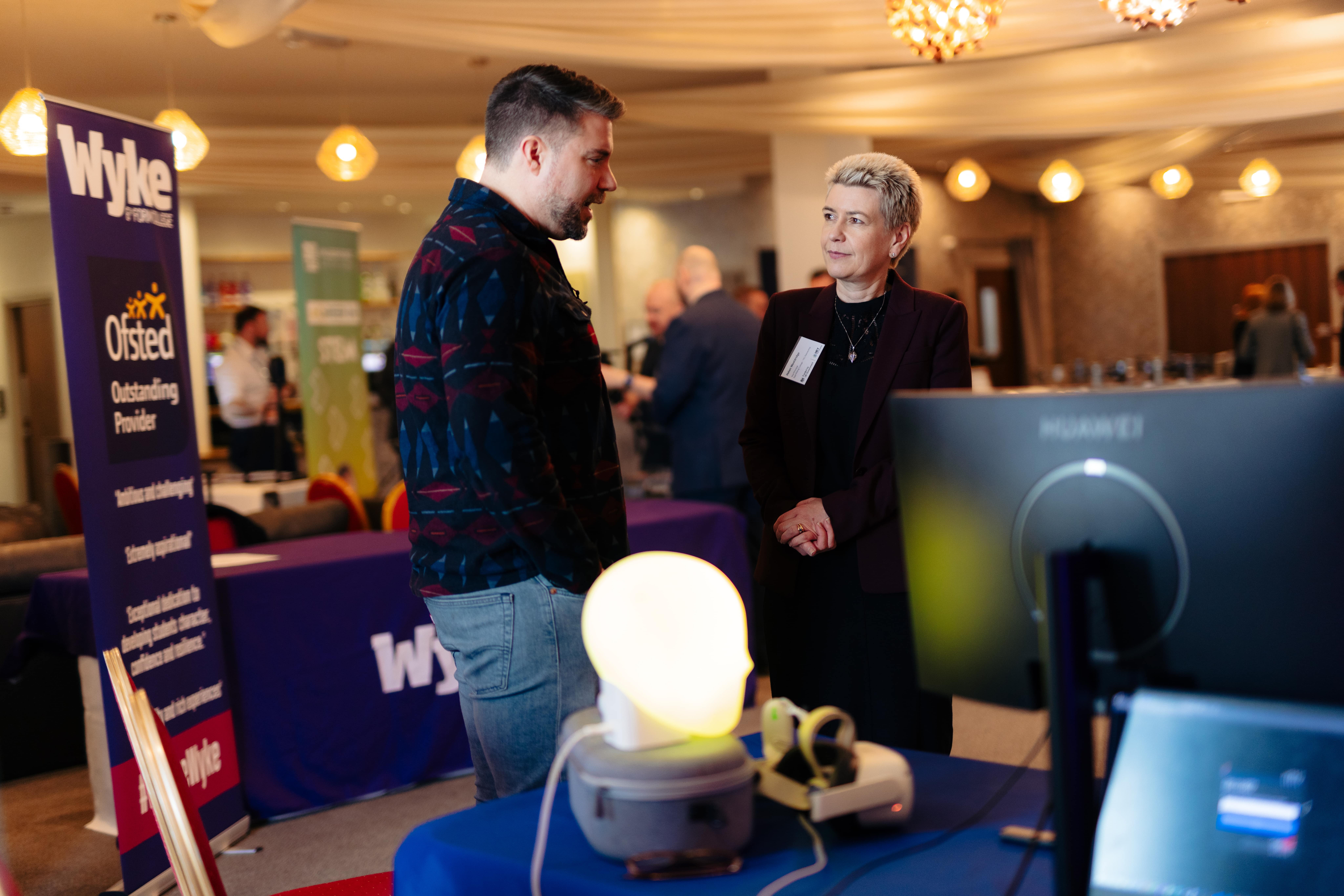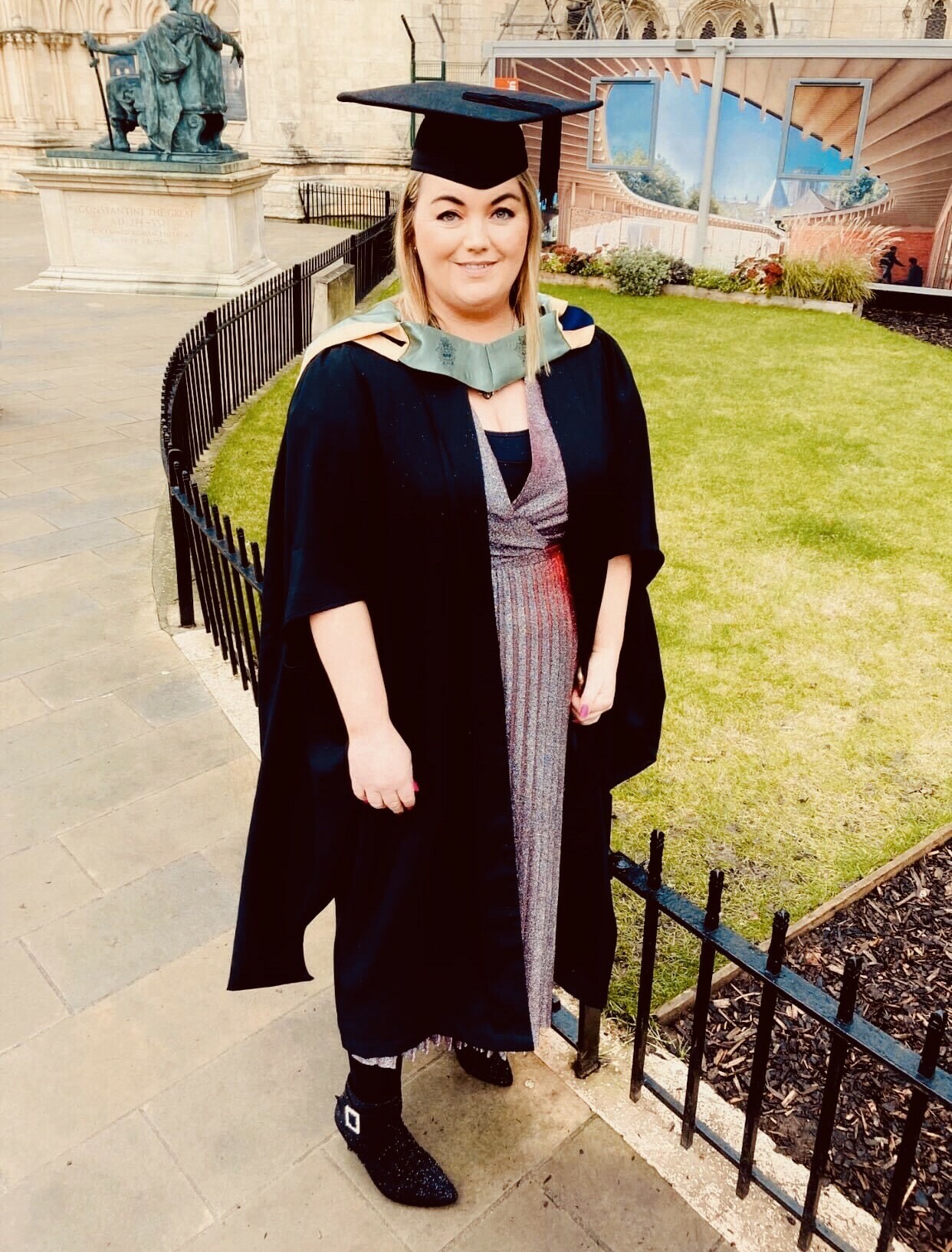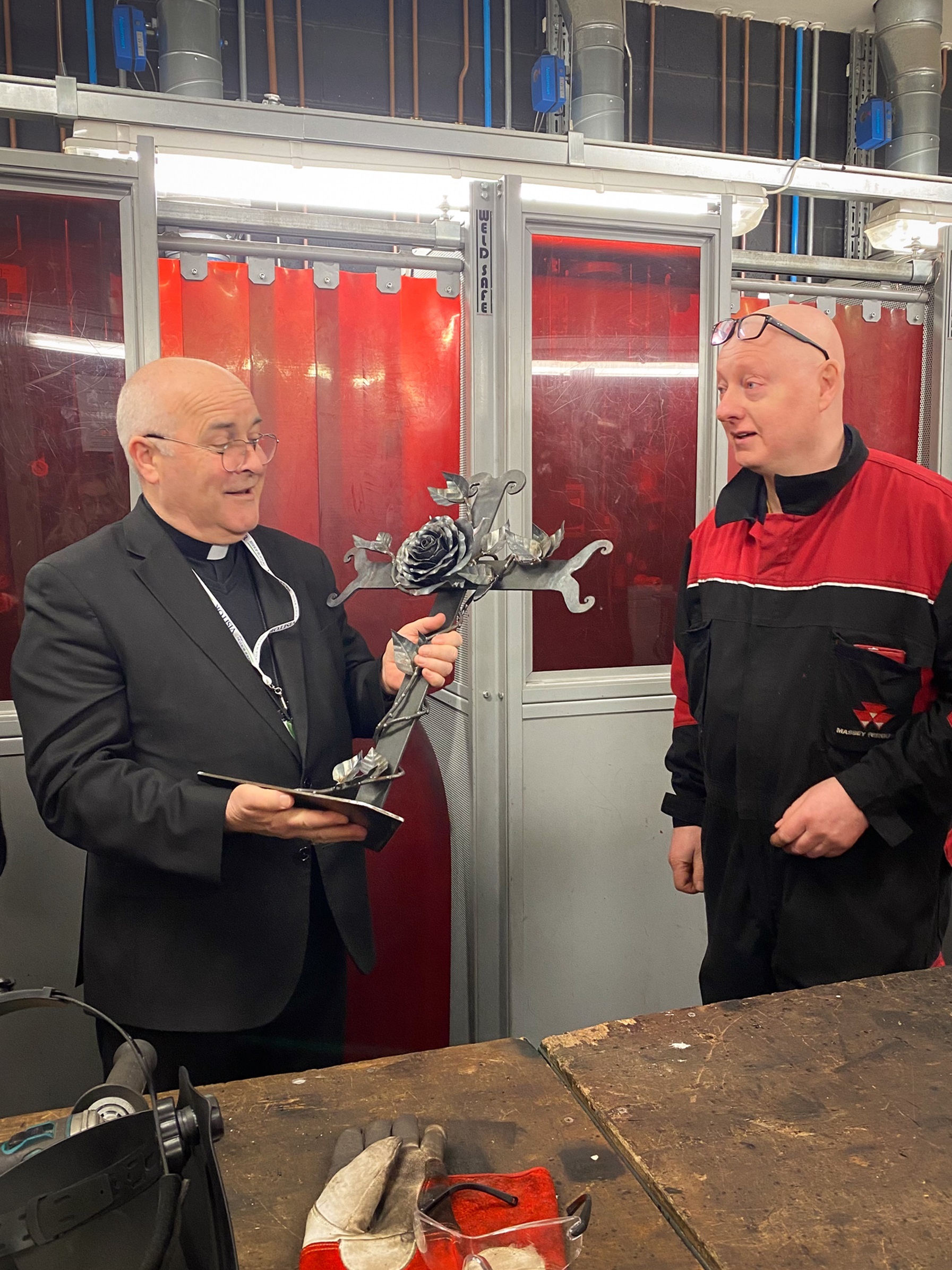
Hull and East Yorkshire Skills Partnership showcases exciting skills training for the region
11 Apr 2024 | Business and Employers
Thanks to £2.5 million investment from the Department for Education (DfE) cutting edge training solutions to support future skills needs are being developed and implemented across the Hull and East Yorkshire region. These exciting initiatives were showcased at an interactive continued professional development event for teaching practitioners and industry professionals.
These exciting projects have been created in response to the Local Skills Improvement Plan (LSIP), which was developed by employers to ensure the region’s skills and training provision is relevant, robust and future-proofed to meet current and future employment needs.
To implement the key priorities and recommendations for post-16 technical education and training, identified in the LSIP, a Local Skills Improvement Fund (LSIF) has been created with investment from the Department for Education. To deliver this work a Skills Partnership led by Bishop Burton College has been established with fellow post-16 education providers TEC Partnership (East Riding College), Hull College, Wyke 6th Form College, Wilberforce Sixth Form College and HETA. This is endorsed by the Humber Chamber of Commerce, who are the designated Employer Representative Body for the Hull and East Yorkshire LSIP.

A diverse range of activity is taking place with two agendas responding directly to the priorities outlined in the LSIP. Firstly, a focus on technical transformation skills across Agri-tech, Health and Social Care, Construction, Engineering Construction and Manufacturing, with an emphasis on low carbon initiatives; and secondly, the development of skills required to support the training of workforces who will encounter a very different employment future through digital transformation. This includes Virtual Reality (VR) and ICT infrastructure, the creation of VR content and innovation in teaching and learning leveraging AI application. Digital qualification modules and progression pathways are also being developed, alongside digital careers guidance and accessibility applications.
The Showcase event was the first opportunity for the Skills Partnership to share the exciting and innovative projects with a wider audience in an engaging and interactive continued professional development session.

The Skills Partnership shared progress on a diverse range of exciting initiatives, from reducing carbon footprint with automation and digital skills within fabrication and welding to the use of robotics and AI within Health care to support with diagnosis and treatments and the application of new technologies within quantity surveying to sophisticated agri-tech implementation for more sustainable farming. Engaging students in the classroom with immersive environments and virtual and augmented reality will play a crucial role in developing hands-on experiences that will empower students to design, create, collaborate, think critically and solve problems creatively.

Bill Meredith Principal and Chief Executive of lead partner Bishop Burton College commented “This showcase event demonstrates the exciting progress being made in realising the ambitions of the LSIP. There is some amazing work taking place which will ensure our current and future students are not just qualified, but truly prepared for what lies ahead in the ever-changing digital world. The work of the Hull and East Yorkshire Skills Partnership is set to be transformative, empowering teachers and students alike.”
The Hull and East Yorkshire Skills Partnership is already implementing new technologies and practices into qualifications and are open to applications for September 2024. The funding is also supporting people to access Higher Technical Qualifications (HTQs), which provide a means to gain in-demand, higher level industry standard skills, as an alternative to a three-year degree programme.

Hannah Crookes, Hull and East Yorkshire LSIP Lead commented “This is such an exciting time for the region, the Skills Partnership enabled by the LSIF is re-shaping education to meet the demands of the modern workplace, investing in future generations to ensure they are fully prepared for the rigours and demands of the ever-changing world of work. It’s been fantastic to hear from the Skills Partnership on how this will be achieved through engaging and inspirational learning and new qualifications, and how this contributes to the delivery of the LSIP for our region. These advancements in combination with innovation in teaching methods and providing teachers with the skills they need to support changing demands will help secure a vibrant, positive and fruitful future for the region.”


